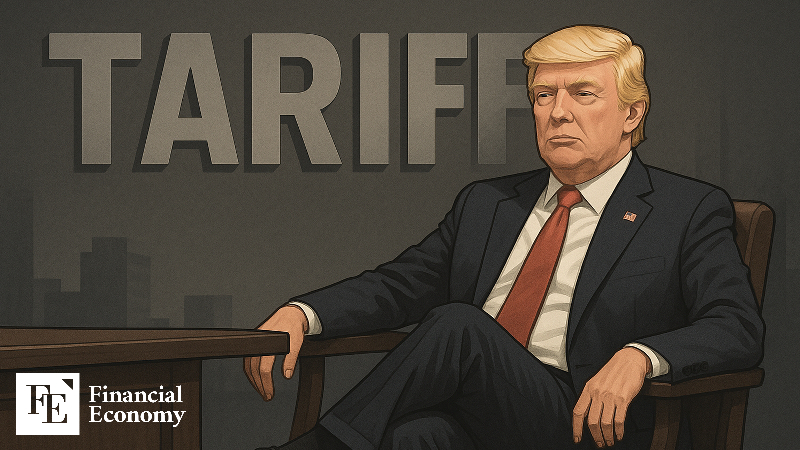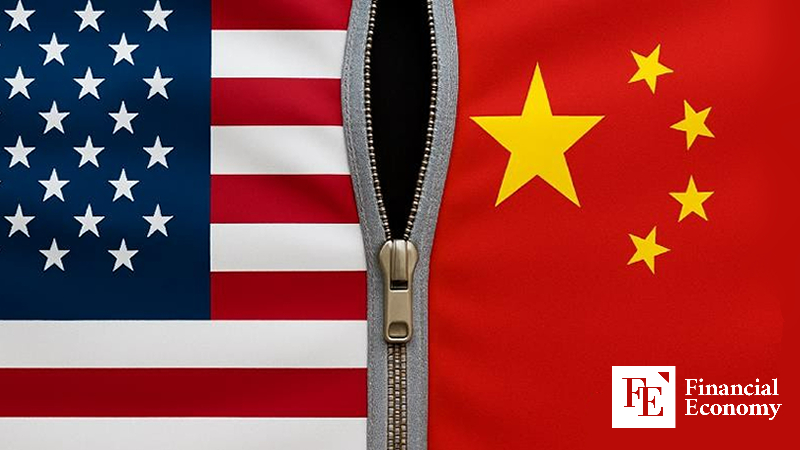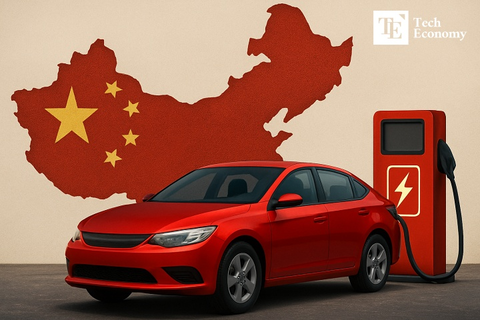"High Tariffs Looming" – Global Alarm as U.S. Trade Negotiation Deadline Nears
Input
Modified
The U.S. is set to implement reciprocal tariffs without delay starting August 1. Brazil, still without a trade deal, insists it "won’t wag its tail for Washington." China has extended its tariff truce with the U.S. and plans additional rounds of negotiations.

With the U.S. deadline for reciprocal tariff agreements fast approaching, countries that have yet to finalize trade deals are entering a state of high alert. Unless an agreement is reached within days, these nations face the imminent imposition of double-digit tariffs. As global tensions escalate, markets are closely watching how key countries—particularly China—will respond.
‘Tariff Time Bomb’ Nearing Detonation
On the 29th (local time), U.S. Secretary of Commerce Howard Lutnick appeared on CNBC and emphasized that the tariff deadline set by President Trump would not be extended any further. Although Trump first announced a sweeping reciprocal tariff plan in early April, its implementation has been postponed several times. “August 1 is the day we finalize all these rates, and they will go into effect immediately afterward,” Lutnick said. “There will be no extension of the deadline,” he reiterated.
As the U.S.-imposed tariff deadline approaches, countries that have yet to finalize trade agreements with Washington are scrambling to avoid hefty double-digit tariffs. So far, the U.S. has reached deals with the UK, European Union, Japan, Vietnam, Indonesia, and the Philippines. Negotiations remain ongoing with Korea, China, Canada, Mexico, and Brazil.
On the same day, South Korea’s Deputy Prime Minister and Finance Minister Koo Yoon-cheol met with Commerce Secretary Lutnick for a two-hour trade consultation to resolve key differences. If the U.S.–Korea talks fall through, Korea will be hit with a blanket 25% reciprocal tariff, separate from existing itemized tariffs, as outlined in a letter from President Trump earlier this month. Mexico would face a 30% tariff—5 to 10 percentage points higher than current levels—while Brazil could see a steep 50% tariff hike, up 40 percentage points from the initial 10% proposed.
Brazil Maintains Tough Stance
Despite growing trade pressure from the United States, Brazil has made it clear that it will not adopt a conciliatory posture in order to secure lower tariffs. On July 28, Brazilian President Luiz Inácio Lula da Silva stated during a natural gas power plant inauguration ceremony in Rio de Janeiro that “the U.S. president should reconsider Brazil’s importance and take a dialog-based approach instead of imposing unilateral tariffs.” He added, “He (Trump) must act like leaders of the civilized world. If there are differences, we should sit down at the table and try to resolve them.”
Fernando Haddad, Brazil’s finance minister and one of Lula’s closest allies, also emphasized this position in a CNN Brazil interview on July 29. “The world’s most powerful country has reversed its tariff discussions from May, but we are rationally seeking channels for communication,” he said, stressing that “negotiations to reverse the U.S. tariff hike must follow proper diplomatic procedures.” He further remarked, “President Lula will not wag his tail at Trump or say ‘I love you,’ unlike former President Jair Bolsonaro.” Often dubbed the “Tropical Trump,” Bolsonaro is regarded as the reason behind the U.S. imposition of high tariffs on Brazilian goods. He is currently under indictment for allegedly plotting a coup with cabinet members and inciting his supporters to stage a violent insurrection in response to his defeat in the 2022 presidential election.
However, analysts say it may be difficult for Brazil to maintain its hardline stance indefinitely. One market official noted, “Brazil may have voiced defiance, saying it won't surrender, but the country is clearly under pressure.” He added, “If the U.S. imposes tariffs as high as 50%, Brazil risks losing a significant portion of its export volume to competitors like Argentina.”

China to Continue Negotiations with the U.S.
Like Brazil, China has yet to finalize a tariff agreement with the United States. However, it plans to extend its current tariff war truce with Washington. On July 30, Chinese state-run media outlets including Xinhua News Agency and People's Daily reported that top negotiators—Chinese Vice Premier He Lifeng and U.S. Treasury Secretary Scott Bessent—reached a tentative agreement to extend the mutual tariff and countermeasure moratorium by 90 days. The talks, held in Stockholm, Sweden over two days, marked the third high-level trade negotiation between the two countries following prior meetings in Geneva and London this May and June.
According to People's Daily, Vice Premier He stated after the talks, “China and the United States share extensive mutual interests and room for cooperation in the economic and trade sectors. Cooperation benefits both parties, while confrontation harms both.” He added, “We must fully utilize our economic and trade negotiation framework, continue expanding consensus, reduce misunderstandings, and pursue more mutually beneficial outcomes.” The U.S. delegation reportedly also expressed its willingness to work with China to stabilize bilateral trade relations.
With the U.S. granting a separate grace period exclusively to China, some experts suggest that China is effectively Washington’s “final target.” One foreign affairs analyst commented, “The United States may be imposing steep tariffs on other countries as a form of preemptive maneuvering,” explaining that “by applying pressure on various nations, it sends a warning signal to its primary negotiating partner—China.” The expert added, “Most countries, including China, are in no position to abandon the U.S. market. This is precisely why President Trump’s aggressive trade tactics are shaking the global economy.”





















